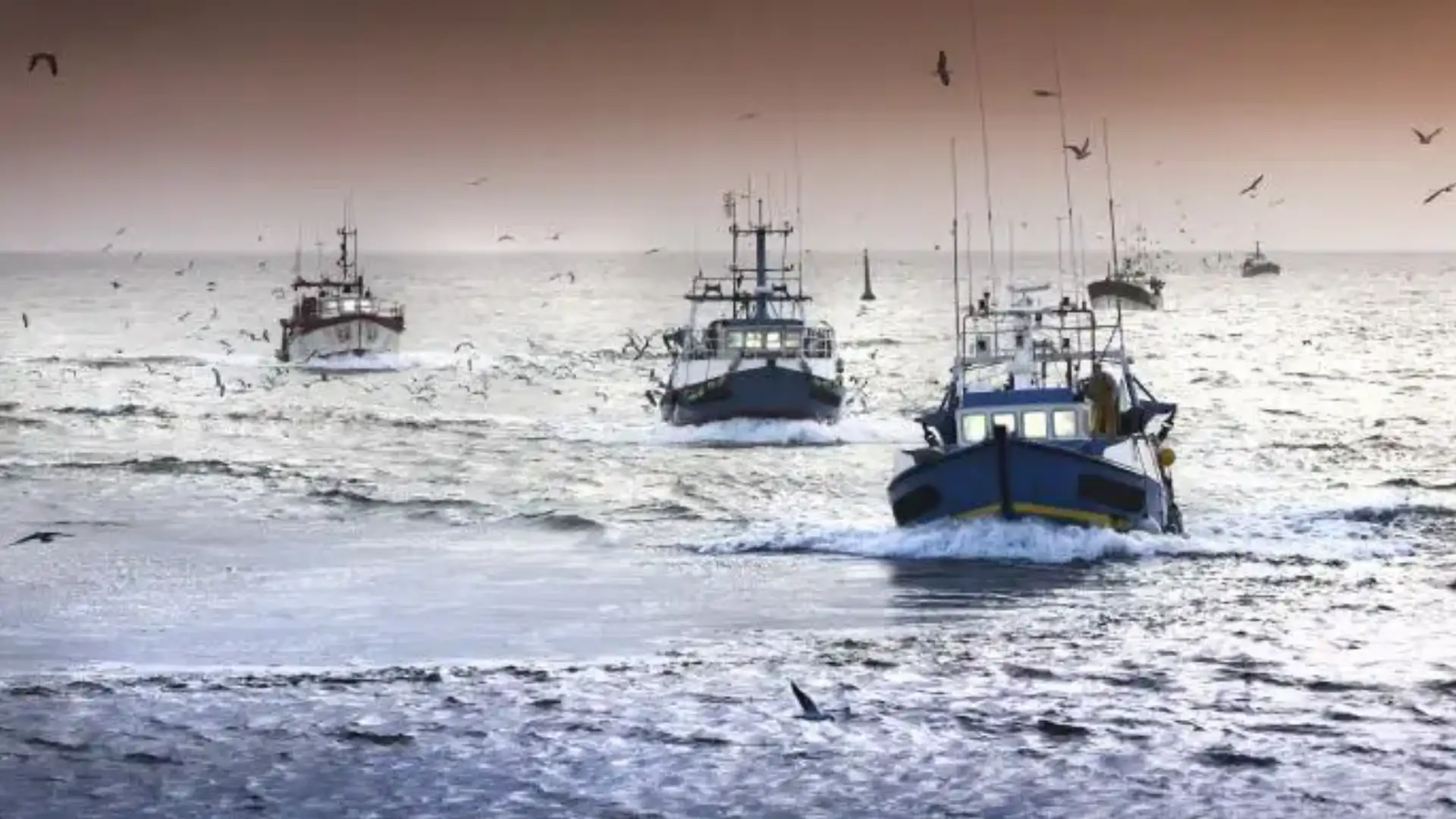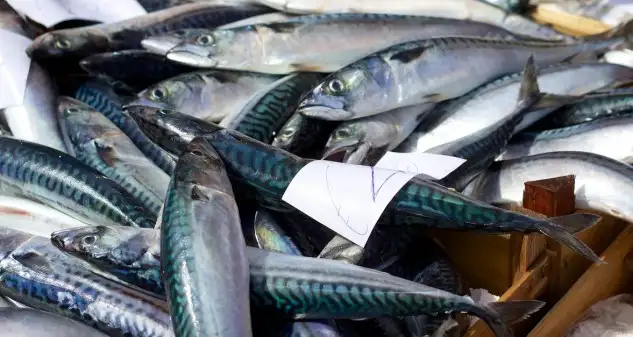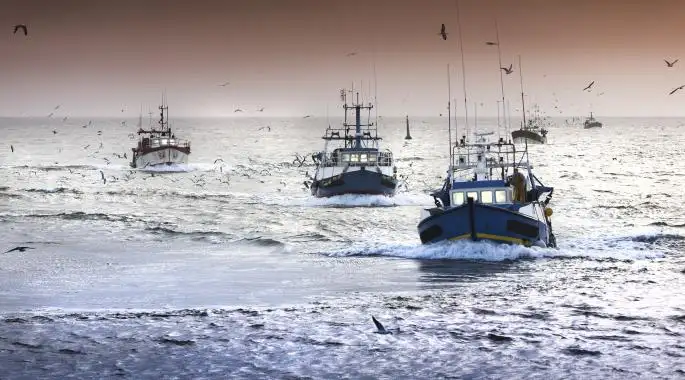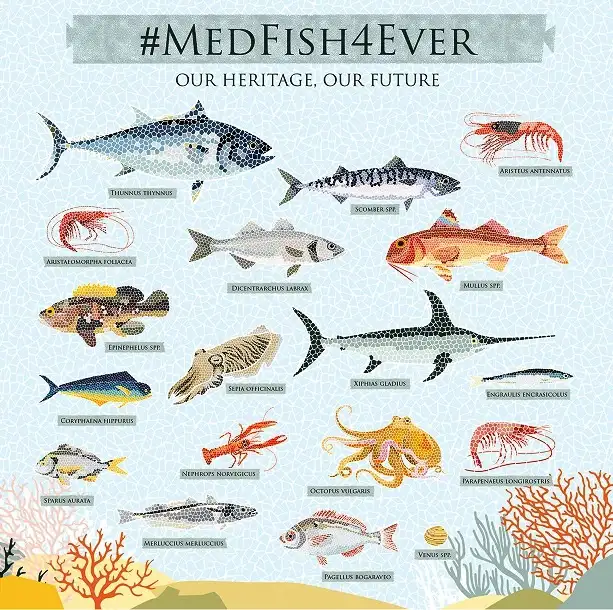
For the EU, catches in the Mediterranean must be resumed following the recovery of banks.
For the EU, catches in the Mediterranean must be resumed following the recovery of banks.
The facts are indisputable: the fish stocks in the Mediterranean are declining. Some of them are even on the verge of exhaustion. Overall, 93% of the fish stocks that have been assessed are over-exploited. The European Commission, which is reaffirmed in its commitment to the growth and employment agenda, is very concerned about what this situation may mean for the thousands of fishermen fishing in the Mediterranean. It has therefore launched a Mediterranean strategy to improve the situation of fish stocks. A ministerial conference was held on 27 April following an important forum in the framework of the main meeting of the European industry in the sector: the seafood fair (Seafood Expo Global).
Several reasons explain the poor state of fish stocks. Pollution and climate change, of course, are part of the blame. However, it is clear that mass overfishing is one of the root causes. It is true that, for many (too many) populations, we still do not know enough. In the eastern part of the Mediterranean, for example, there are significant gaps in the time series that prevent us from drawing significant conclusions. In addition, half of all fish caught in the Mediterranean is not even registered. We therefore have only a partial perspective on this matter. But empirical data are also demolating: fishermen report that they catch less and less fish every year. In fact, their livelihoods, their own industry, are at risk.
The European Commission's new Mediterranean Strategy is a commitment to the recovery of fish stocks so that we can fulfil our commitment to the recovery of fishing activity. Our strategy is based on many years of work to inspire a sense of solidarity among fishermen. In 2003, Mediterranean nations signed a declaration laying the foundations for improving scientific research, protecting vulnerable areas and limiting fishing. EU Member States reduced their fleets in an effort to ensure sustainable fisheries. Our legislative proposal sets out national and international fisheries management plans, catch limitations and environmental requirements. Intensive multilateral cooperation encourages all countries bordering the Mediterranean to respect the same rules of play.
And experience shows that we can succeed if we address the challenges together. Let us take as an example the extraordinary recovery of bluefin tuna in the Mediterranean. We got together, agreed, so we got results. The fishermen who recently questioned the recovery plan today praise its results. But we have to go further.
Fortunately, there is now a true shared feeling that we must act with all populations. At a recent conference, held in February in the Italian city of Catania, I met with associations of fishermen, European scientists and NGOs. They were all aligned with the government representatives present. This political will is what is needed to achieve a comprehensive approach to which all the neighbouring Mediterranean countries join.

The horses like these that are sold in Catania, Italy, belong to 93% of the fish stocks evaluated that are over-exploited. The European Commission is seeking support to reverse the situation.
The EU took the lead in the case of bluefin tuna and it has been shown that it was the right decision. We must now extend this successful action to other fish species, above national borders and fishing traditions. Several EU and non-EU Mediterranean fisheries ministers were in Brussels at the global Seafood Expo at the end of April. What I intend to do is to take advantage of the momentum that was generated in Catania. We have started with a joint monitoring statement on sustainable fisheries in the Mediterranean which, at this time next year, must give a new impetus and provide a new vision for conservation and sustainability in the Mediterranean.
I have also been in contact with some of the EU's major partners in the Mediterranean. I was in Algeria and Turkey only last month, and I met with representatives of Tunisia. They all expressed their understanding for the urgency and their will to act. This sense of involvement of all actors in as many Mediterranean countries as possible is what fishermen need. Joint efforts and commitment to our strategy will make up, as they deserve, for fishermen throughout this great sea.
Karmenu Vella, European Commissioner for the Environment, Maritime Affairs and Fisheries
© 2024 Nautica Digital Europe - www.nauticadigital.eu













